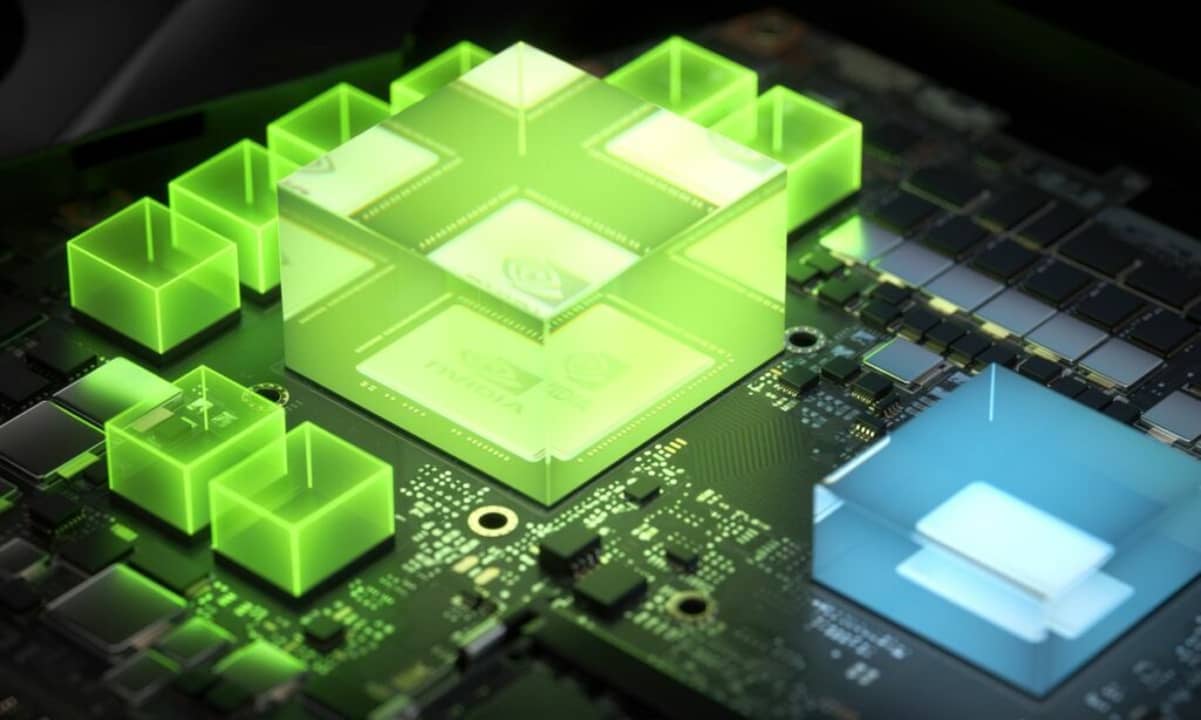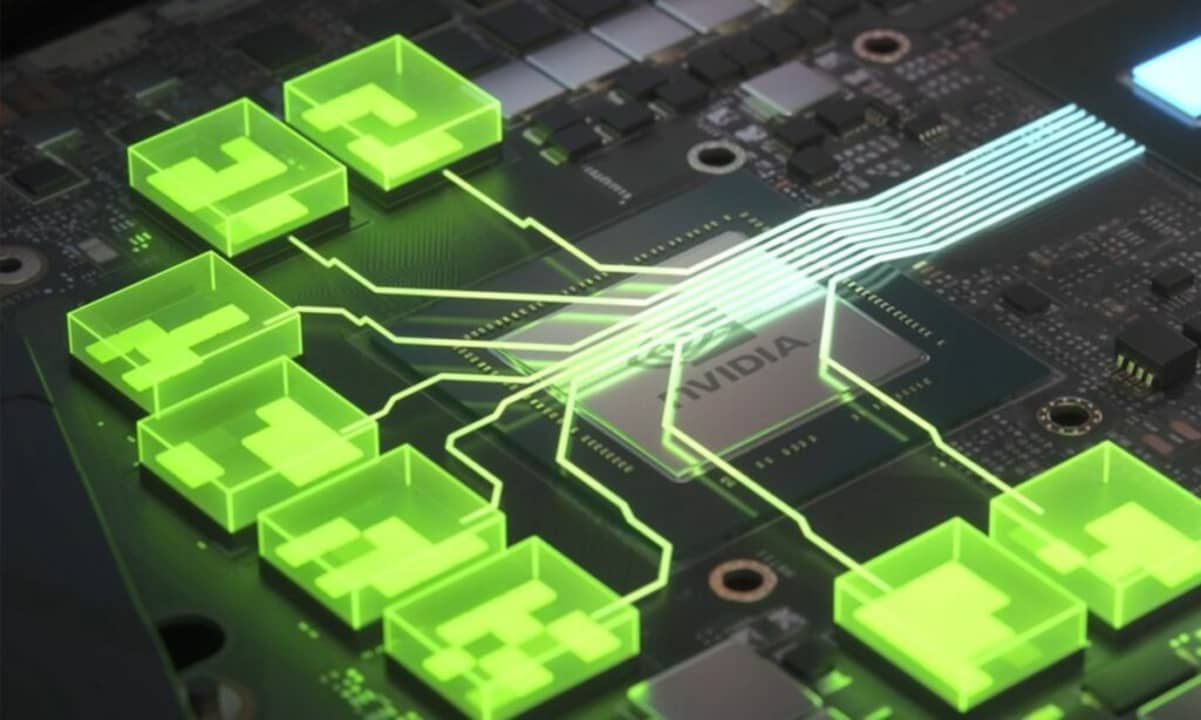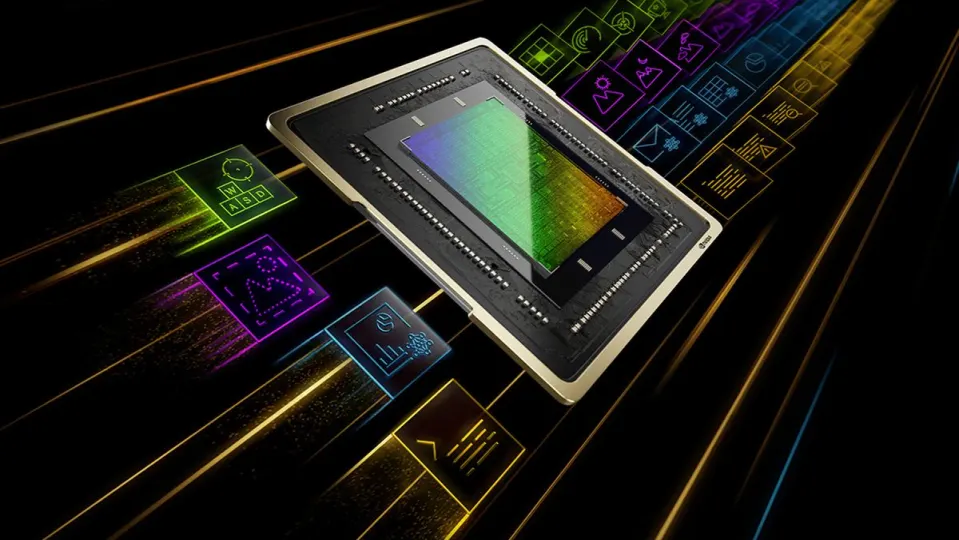NVIDIA’s eagerly anticipated H20 AI chip, slated for a November launch in China, is hitting delays. The setback, attributed to integration challenges faced by server manufacturers, pushes the launch to early 2024.
Nvidia’s explanation failed to stop stock price declines
NVIDIA’s launch of the China-exclusive H20 AI chip is delayed to Q1 2024 due to integration challenges faced by server manufacturers, impacting the company’s compliance strategy amidst stringent US export restrictions and causing a decline of around 2.4% in pre-market trade. Here are all the details you need to know about it:
- Integration issues: NVIDIA’s highly anticipated H20 AI chip faces a delay in shipping due to reported integration challenges encountered by server manufacturers. The term “server manufacturers” refers to companies that produce physical servers incorporating NVIDIA’s AI chips. These manufacturers design and build servers that utilize NVIDIA’s AI chips, ensuring seamless integration of the chip into their server hardware.

- Initial launch schedule: Originally slated for a November launch, the H20 chip is now rescheduled for the first quarter of 2024, with NVIDIA citing the need to address the difficulties in seamlessly integrating the chip into servers.
- Compliance strategy: The H20 chip is part of NVIDIA’s strategic move to comply with stringent US export restrictions. Alongside the H20, the company developed compliance chips, including the L20 and L2, specifically tailored for the Chinese market.
- Reduced computing capabilities: To adhere to export regulations, the compliance chips, including the H20, boast cutting-edge AI features while operating within reduced computing capabilities.
- Impact of export restrictions: The export restrictions have not only affected NVIDIA’s ability to ship certain advanced products to China but have also allowed competitors, notably Huawei, to secure orders that were once dominated by NVIDIA.
- Rivalry with AMD: AMD, NVIDIA’s rival in the semiconductor industry, is strategically positioning itself to capitalize on the growing demand for AI chips in China. Lisa Su, AMD’s CEO, announced plans to develop an AI chip explicitly designed for the Chinese market, challenging NVIDIA’s dominance.
Problems bring more problems
NVIDIA faces a decline of around 2.4% in pre-market trade as it delays the launch of its China-compliant H20 AI chip, citing integration issues with server manufacturers; this setback follows tightened U.S. export restrictions on AI chips to China, impacting NVIDIA’s revenue, with the H20 delay potentially hindering its competitive stance against local rivals like Huawei.

The delay in NVIDIA’s H20 chip launch underscores the shifting dynamics in the tech race in China, as companies navigate export restrictions, integrate advanced technology, and compete for supremacy in the AI chip market.
As the industry observes these developments, the delayed launch of NVIDIA’s H20 AI chip sheds light on the intricate challenges faced by tech giants in a landscape shaped by regulatory constraints and fierce competition.


